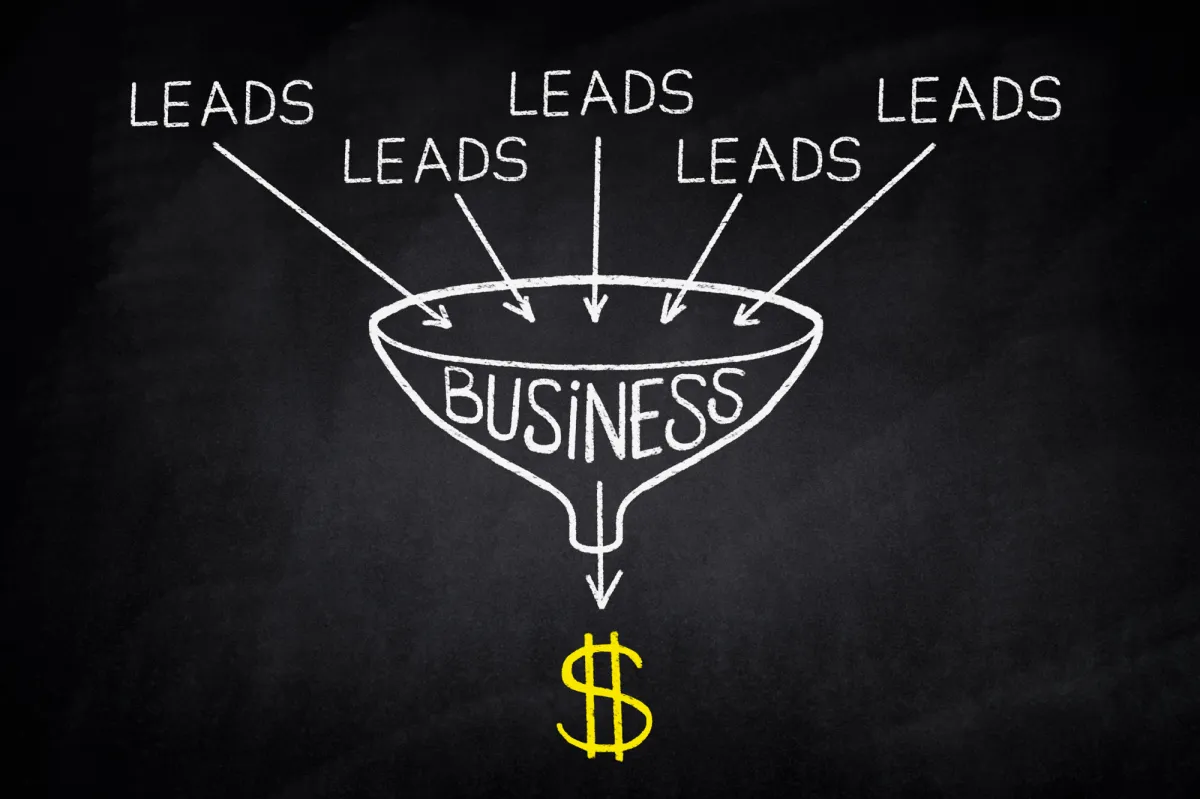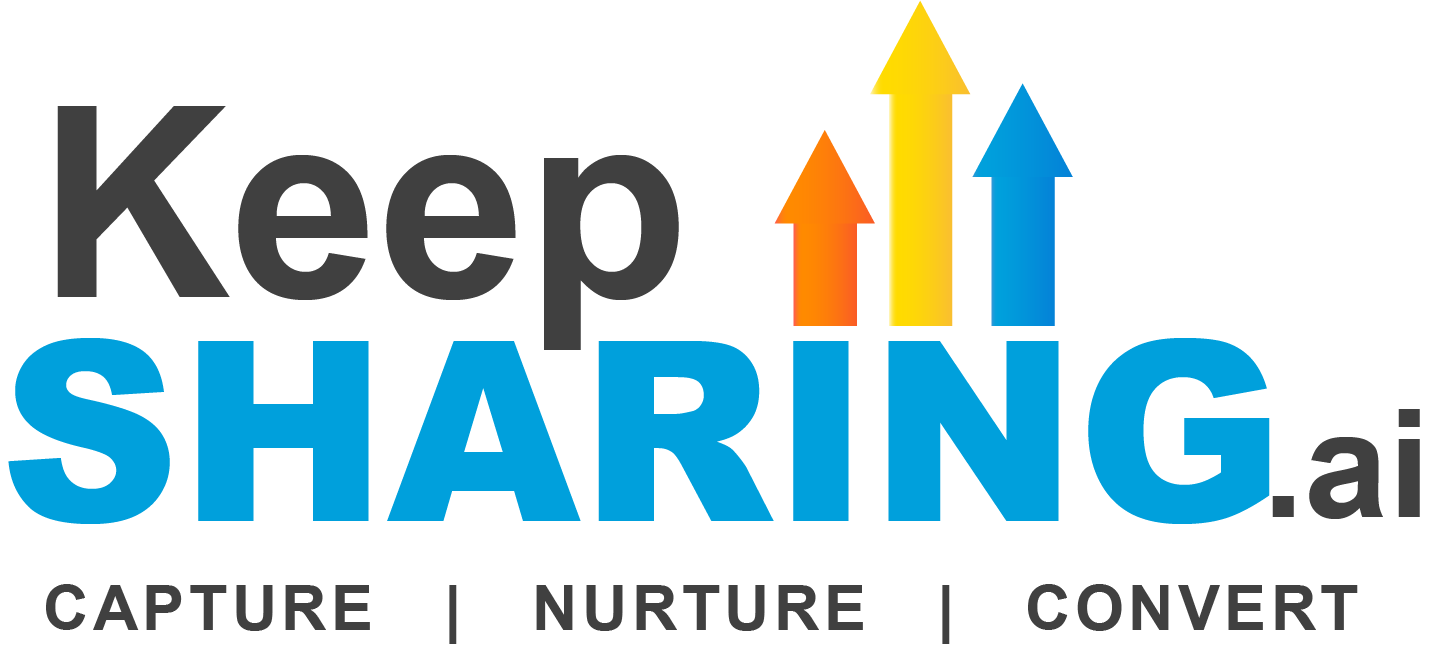
The Different Types of Funnels Used in Lead Conversion
When it comes to converting leads into paying customers, funnels can be a powerful tool. But what exactly is a funnel, and what are the different types that can be used for lead conversion?
A funnel is a visual representation of the journey a potential customer takes from awareness to purchase. It's called a funnel because it starts with a wide audience and narrows down to a specific group of qualified leads, who are then nurtured and converted into paying customers.
There are several different types of funnels that can be used for lead conversion, each with its own specific purpose and goals. Here are a few examples:
1. Awareness funnel. An awareness funnel is designed to capture the attention of a wide audience and introduce them to your brand or product. This type of funnel might include tactics such as social media advertising, blog posts, or email marketing.
2. Consideration funnel. A consideration funnel is designed to educate and engage potential customers who are interested in your product or service, but not yet ready to make a purchase. This type of funnel might include tactics such as webinars, free trials, or demos.
3. Decision funnel. A decision funnel is designed to convince potential customers to make a purchase. This type of funnel might include tactics such as special offers, case studies, or testimonials.
4. Loyalty funnel. A loyalty funnel is designed to turn one-time customers into repeat customers. This type of funnel might include tactics such as loyalty programs, referral programs, and customer surveys.
Ultimately, the type of funnel you use for lead conversion will depend on your specific business goals and audience. By understanding the different types of funnels and the tactics they use, you can choose the one that is most appropriate for your business and optimize it to maximize lead conversion.
In addition to these four main types of funnels, there are also hybrid funnels that combine elements from different types. For example, you might use a combination of awareness and consideration tactics to nurture leads, or a combination of decision and loyalty tactics to retain customers.
By understanding the different types of funnels and how they can be used, you can create a customized strategy that is tailored to your specific business needs and goals. By using funnels effectively, you can capture leads and drive growth for your business.

The Different Types of Funnels Used in Lead Conversion
When it comes to converting leads into paying customers, funnels can be a powerful tool. But what exactly is a funnel, and what are the different types that can be used for lead conversion?
A funnel is a visual representation of the journey a potential customer takes from awareness to purchase. It's called a funnel because it starts with a wide audience and narrows down to a specific group of qualified leads, who are then nurtured and converted into paying customers.
There are several different types of funnels that can be used for lead conversion, each with its own specific purpose and goals. Here are a few examples:
1. Awareness funnel. An awareness funnel is designed to capture the attention of a wide audience and introduce them to your brand or product. This type of funnel might include tactics such as social media advertising, blog posts, or email marketing.
2. Consideration funnel. A consideration funnel is designed to educate and engage potential customers who are interested in your product or service, but not yet ready to make a purchase. This type of funnel might include tactics such as webinars, free trials, or demos.
3. Decision funnel. A decision funnel is designed to convince potential customers to make a purchase. This type of funnel might include tactics such as special offers, case studies, or testimonials.
4. Loyalty funnel. A loyalty funnel is designed to turn one-time customers into repeat customers. This type of funnel might include tactics such as loyalty programs, referral programs, and customer surveys.
Ultimately, the type of funnel you use for lead conversion will depend on your specific business goals and audience. By understanding the different types of funnels and the tactics they use, you can choose the one that is most appropriate for your business and optimize it to maximize lead conversion.
In addition to these four main types of funnels, there are also hybrid funnels that combine elements from different types. For example, you might use a combination of awareness and consideration tactics to nurture leads, or a combination of decision and loyalty tactics to retain customers.
By understanding the different types of funnels and how they can be used, you can create a customized strategy that is tailored to your specific business needs and goals. By using funnels effectively, you can capture leads and drive growth for your business.





